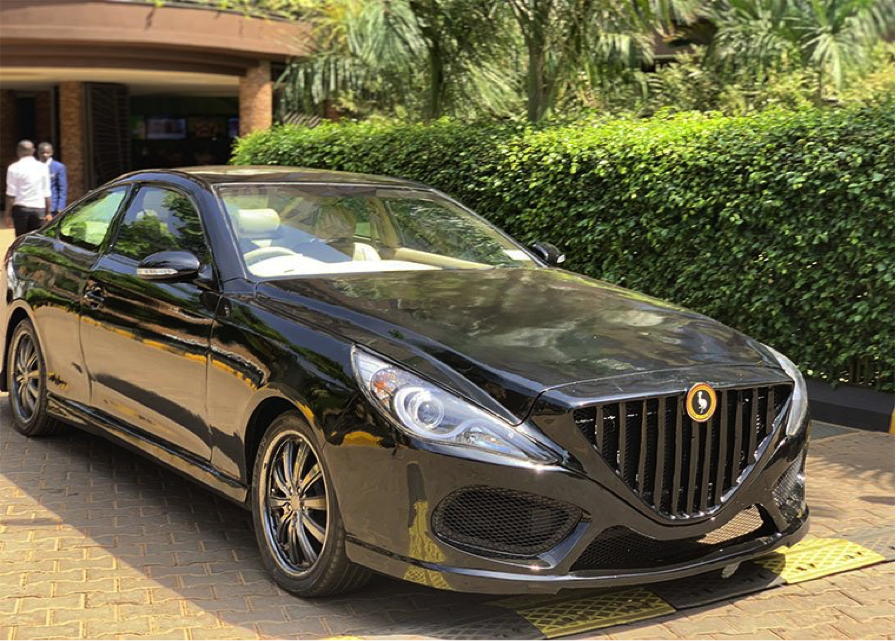The Path to Cleaner Air: Is a halt on importing old cars the solution to Uganda’s air pollution problem?
Mar 18th, 2019 | By admin | Category: Energy and Carbon EmissionsBy Joshua Mirondo, youth writer, Transition Earth.
Kampala, like many growing cities around the world, suffers from bad air quality. The World Health Organization (WHO) ranked Kampala as one of the most polluted cities in the world in 2016. They carried out a research and discovered that the air in Kampala has dangerous substance small enough to enter the human blood stream through the lungs, which may result into 7 million pre mature deaths per year.
Researchers say that the leading cause of air pollution in Kampala is emissions from cars. The Uganda Revenue Authority (URA) has estimated there will be over 1 million cars in the country in 2019, with Kampala having the most because it is the capital and biggest business center. Many people in Kampala want to own cars, which are viewed as both a luxury and an asset. A friend recently told me that he doesn’t care whether he has nothing to eat as long as he drives a car to maintain a social status. The city also has narrow roads, which is the reason why there are a lot of traffic jams, especially at peak hours of morning and evening commutes. Not surprising in a city of 2 million people.
In Uganda, the greatest percentage of cars are older and used, and by this I mean drivers purchased vehicles when they were more than 5 years from their date of manufacture. Many people in the car business prefer importing this type of car because they are cheap to buy and import and there is a market here for them.
In October 2018, the government of Uganda declared an end to the importation of old cars into the country. This was an attempt to ensure a pollution-free country, especially from the gases emitted by older cars. URA reported about 80 percent of the imported cars into the country are ten years or older; this clearly indicates that most vehicles currently on Ugandan roads don’t deserve being there.
The Union of Concerned Scientists, in their article Vehicles, Air Pollution, and Human Health, stated that passenger vehicles are a major pollution contributor, producing significant amounts of nitrogen oxides, carbon monoxide, and other pollution. These contaminate the air which increases respiratory illnesses like cancer that are a burden to people’s lives since they are hard to treat.
The ban on the importation of old cars is also a strategy to moderate the number of cars which will contribute greatly on pollution reduction. Ugandan roads are flooded with old vehicles and this is because they are relatively cheap. The Ugandan government has also invested in the manufacture of Kiira EVS, an electric powered car, as a model which it expects to increase in sales since it saves the environment.
On the other hand, the pollution problem of Uganda is much more than just cars. Today, more new industries are being constructed and these businesses release a lot of dangerous fumes into the air, causing more contamination of the air. To reduce pollution, these industries need greater regulation.
Also, local people in pastoral areas practice a lot of bush burning and this is done after each season when they expect and need fresh grass to grow. Rural populations need to be educated about the dangers of bush burning. There are also many dusty and unpaved busy roads which raise dirt into the air and contaminate vegetation; these types of roads also cause respiratory illnesses.
In my opinion, the energy put into banning the importation of old cars should be put to better use and reduce other causes of pollution. The government can be criticized for its laxity of the law even when it has played a part in pollution reduction, but the citizens too need to take up responsibility and practice environmentally friendly acts.
Joshua Mirondo is a digital marketer, blogger, photographer and volunteer at Reproductive Health Uganda.


